Even if you don't pay too much attention to the news, you've likely heard the phrase "Black Lives Matter" recently. It's on hashtags on Twitter, Instagram, and Facebook. It's on T-shirts and hats out on the street. It's on signs held in protests across North America and even around the world. That's why we'd like to take a moment to look at Black Lives Matter, or BLM, in the simplest terms.
Black Lives Matter was started in July 2013 by three women, Alicia Garza, Patrisse Cullors, and Opal Tometi. Its goal is to draw attention to the unequal treatment of black people by society in general. In particular, the movement addresses unequal treatment by government and law enforcement (such as the police and the courts, which decide who goes to jail and for how long). And even more specifically, it came into existence to address the frequency of deaths of black people at the hands of law enforcement.
Over the past few decades, there is much statistical evidence that black people are more likely to be pulled over by police, more likely to be arrested, and, sadly, more likely to be shot and killed by police in a confrontation. Black people also go to jail in greater numbers and for longer than do white people who have been accused of the same offence, or crime. And because the justice system (such as the police and the courts) represent the law, it can be difficult for black people to stand up and say, "These things are unfair. This is not right." How do you argue with the law?
Better than it was doesn't mean it can't still be better
A recent Black Lives Matter protest in Baton Rouge, Louisiana on July 9, 2016. (Getty Embed)
One of the most difficult things about discussing BLM with people who are skeptical (or wary) of the movement is that, technically, black people are equal under the law in both the United States and Canada. After the Civil Rights movement of the 1960s, the U.S. eliminated laws that called for whites and blacks to be treated differently or separated from one another (these were segregation laws known as Jim Crow laws). Similarly, Canadian laws such as the Bill Of Rights in 1960 helped bring an end to segregation practices in parts of Canada as well.
But what BLM wants to address is not necessarily law, but prejudice. Prejudice is about the deeply held, and often involuntary, beliefs that control how people react to one another. And though the laws have changed and are better than they were, prejudice still exists in people. When prejudice exists in people, that can create racism. And when prejudice exists in people who work in the justice system, that creates injustice.
In addition, BLM wants to address policy. Policy is not exactly law. Policy is decisions made by people in power about what actions should be taken and how money should be spent. What neighbourhood should get money to improve their schools. Or what community should receive assistance to improve job opportunities. Statistics also suggest that neighbourhoods that have a higher percentage of black residents tend to have lower quality schools. Black Lives Matter wants to address policy decisions like these because they have an effect on the quality of the lives of black people.
The point is that black lives matter, not that they're all that matters
Black Lives Matter protests are also happening in places outside of North America, such as in London, England. (Getty Embed)
As you may have heard, BLM stands for something that elicits (or produces) very passionate beliefs in people. And these beliefs are not always in agreement. But like many things in life, the source of that disagreement can usually be traced to misunderstanding.
Which brings us to a very important point: saying Black Lives Matter doesn't mean that "Only Black Lives Matter". This is the most common argument against the movement, and why some feel compelled to say things like "All Lives Matter" in response. Some people think that BLM is a movement that wants to provide special treatment for black people. Or that it is an anti-white movement.
It's not. It is a movement about equality and equal rights. When someone says, "Black Lives Matter", they're asking people to have a conversation about a prejudice that still exists in society. They're not saying that white people are bad, or even that police are evil. They're not saying that only black people are important. And they're not saying that nothing has changed since the days of slavery in North America. It's about having an honest conversation. And about taking action to make a change for the better.
Breaking the cycle
President Obama embraces Dallas police chief David O. Brown before speaking in Dallas on July 12, 2016. (Getty Embed)
Let's leave with a quote from U.S. President Barack Obama's speech yesterday in Dallas, where he was addressing the recent tension between black people and the police, which has resulted in tragic deaths on both sides. "And if we cannot even talk about these things, if we cannot talk honestly and openly, not just in the comfort of our own circles, but with those who look different than us or bring a different perspective, then we will never break this dangerous cycle."
Black Lives Matter was formed to have just such a talk.
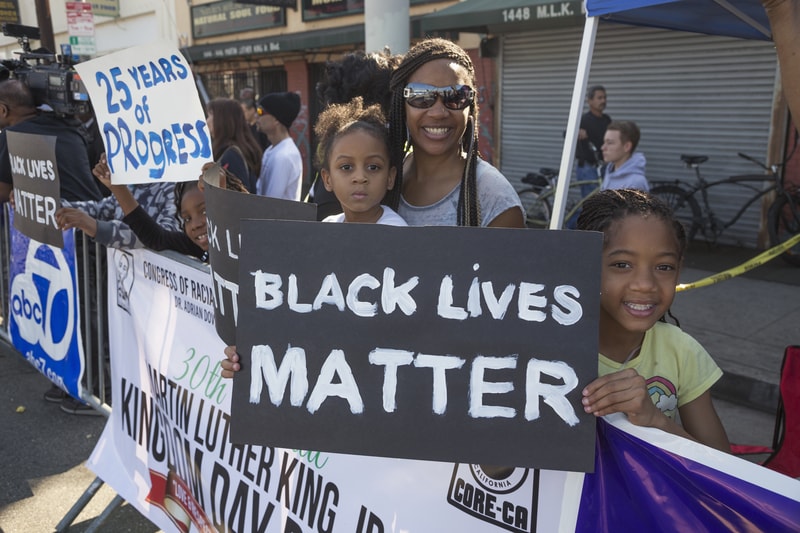 A family holds up a Black Lives Matter sign at the Martin Luther King Jr. Kingdom Day parade in Los Angeles, California, January 19th, 2015. (© Americanspirit | Dreamstime.com)
A family holds up a Black Lives Matter sign at the Martin Luther King Jr. Kingdom Day parade in Los Angeles, California, January 19th, 2015. (© Americanspirit | Dreamstime.com)


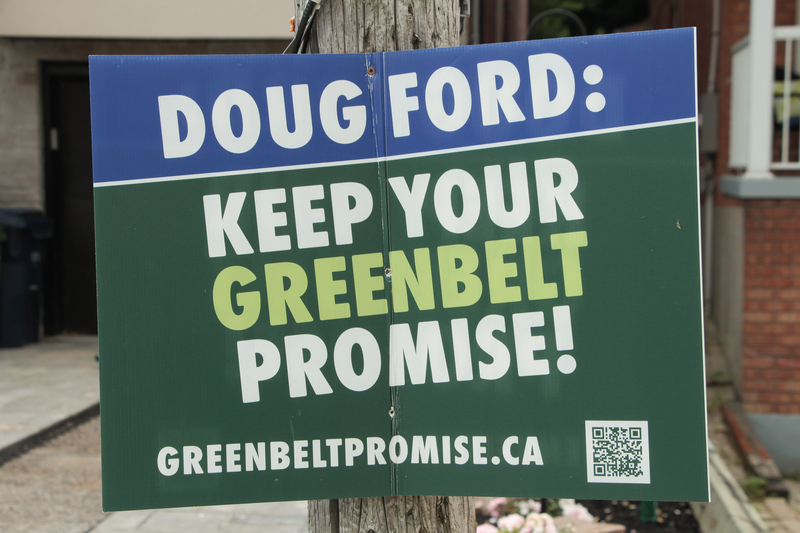

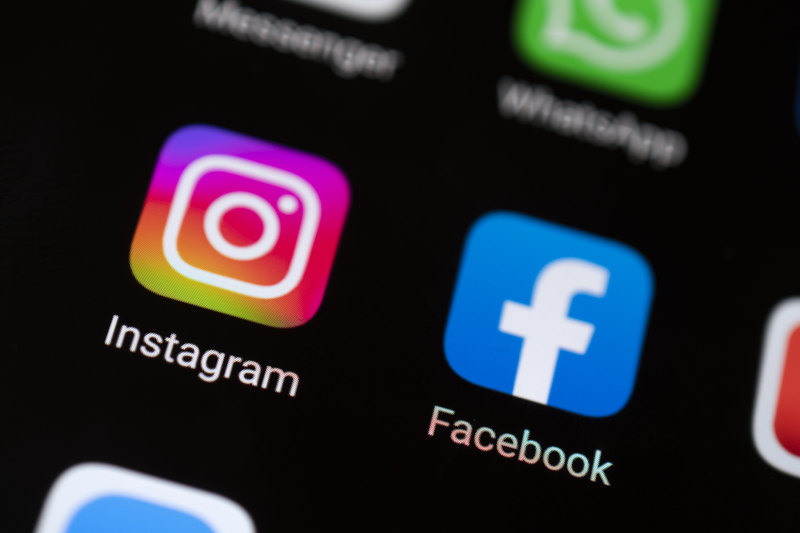
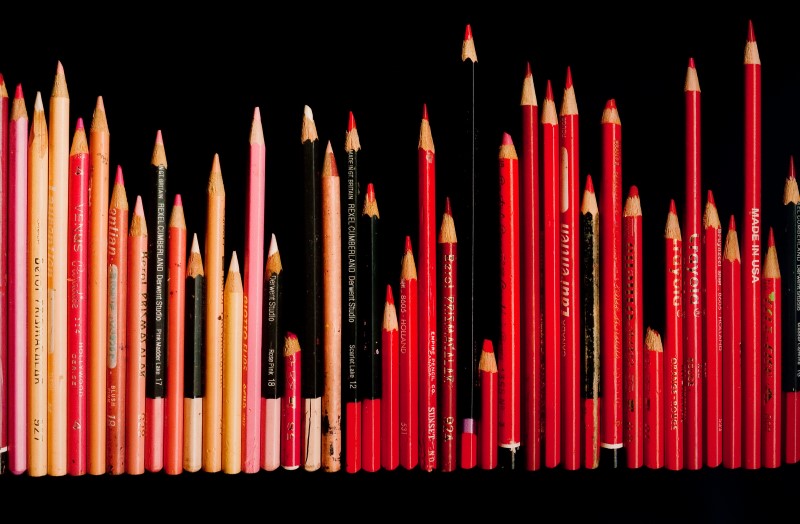

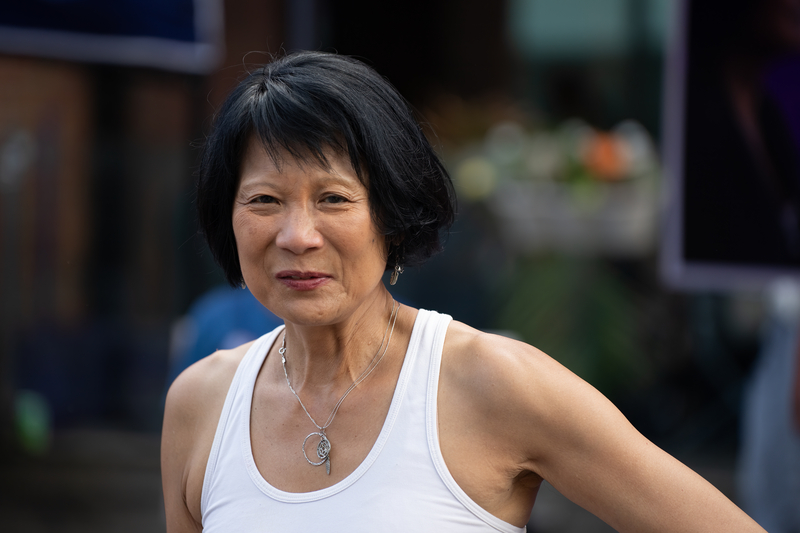

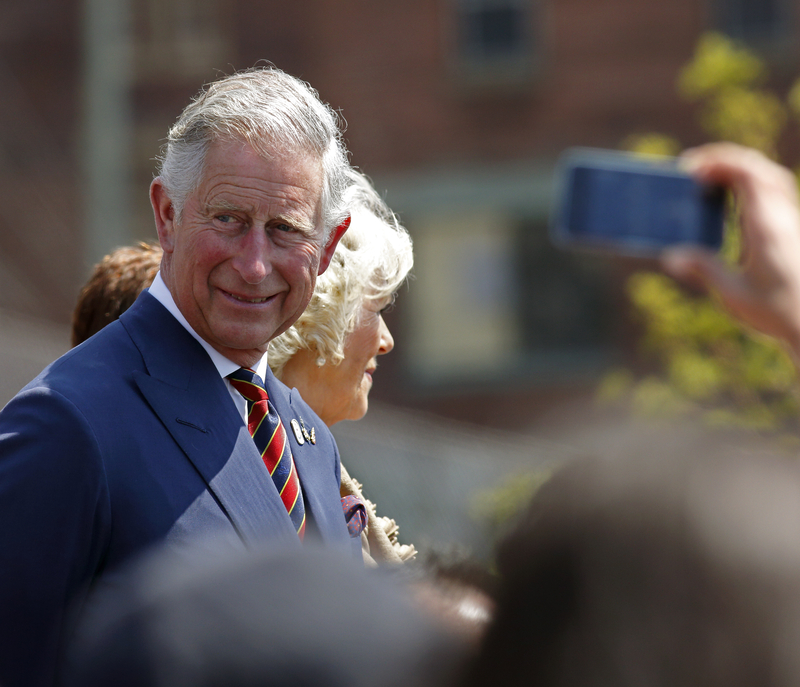
I wanted to thank you for this excellent read!! I certainly loved every
little bit of it. I have you bookmarked to look at new stuff
you http://www.yahoo.net